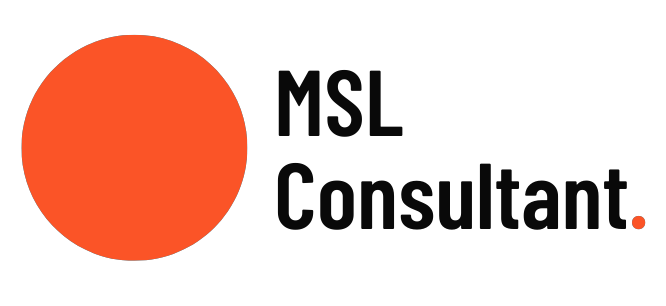MSL Guide to upskilling in a new therapeutic area
Many MSLs and medical managers work in several different therapeutic areas throughout their careers. Although being an expert in one subject (ie the topic of your PhD) can be hard to leave behind, upskilling in a new therapeutic area is an enjoyable challenge that should not be feared. Remember, you have survived a PhD, reading a few papers and learning about something new will be a walk in the park.
In this article I’m going to discuss how you can quickly upskill in a new therapeutic area for an MSL position. In the event you are asked about this in an interview (which is a likely occurrence), utilise the steps below to answer the question and the hiring manager will be suitably impressed.
Step 1: Remember that it takes quite some time to become an expert in something, but to become proficient and be useful to the pharmaceutical company, takes approximately 5 – 10 days. Focus on knowing the important things first, the details will follow with time.
Step 2: Focus on what matters – was there a study published using drug X in rabbits in 1988? Don’t spend time memorising the ELISA results from that paper. Instead concentrate your time and energy on the areas listed below.
The Approved Product Information
o Indication
o Mechanism of action
o Contraindications
o Common adverse events
o Use with common concomitant medications
Registration studies
o Population
o Dosage
o Primary endpoint
o Results
o What does the discussion say? This will nicely summarise the results and their clinical relevance, limitations of the study and how drug X fits in the treatment paradigm
General therapeutic area
o What guidelines exist to advise clinicians how this disease should be treated?
o How is this disease usually treated?
o What are the competitors in the space and has there been any direct head to head trials with drug X and the competitors?
o Who are the key stakeholders and what is their position statement on this therapeutic area. Google “specialists + therapeutic area + country + position statement” E.g. oncologists + triple negative breast cancer + UK + position statement
Constantly reading clinical papers can be quite tedious so mix up your learning a little bit. Find videos of the authors of the registration studies presenting at conferences and watch how they interpret the clinical data and the key results they focus on in the studies.
Need help interpreting clinical data? Check out this workshop.
Step 3: Ask questions from those around you. Yes, you could trawl through PubMed in search of an explanation for one result that doesn’t make sense to you OR you could ask one of your new colleagues who will likely be able to explain the result in 5 minutes. Use your time wisely, utilise expertise around you when you start a new MSL job.
In summary, these three tips will impress the hiring manager in an MSL interview and once hired you can utilise this advice to quickly upskill in your new therapeutic area, thereby enabling you to excel in your new role. For more information on how to become an MSL do our skills gap assessment to assess what skills you are missing and how to fill them.
